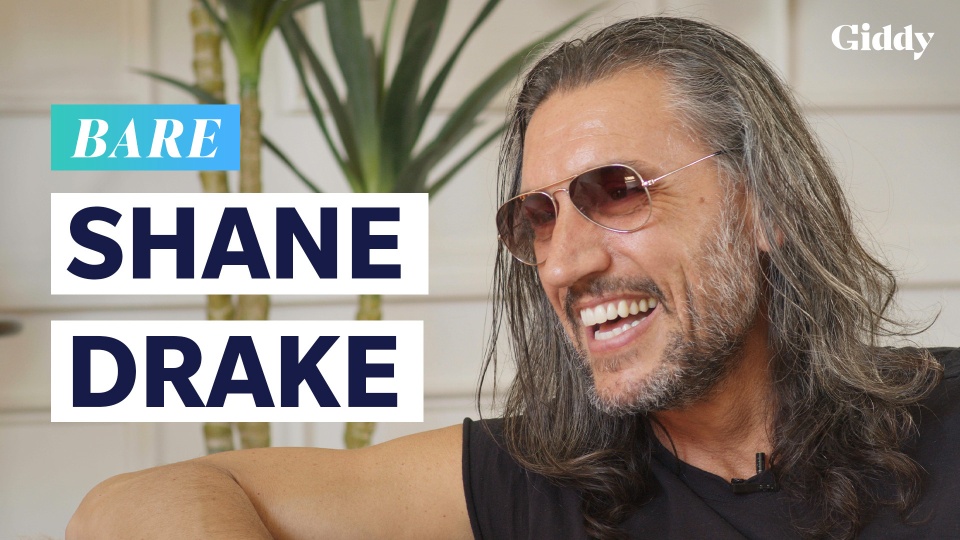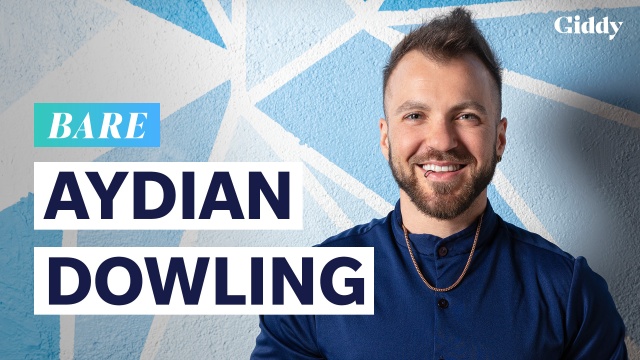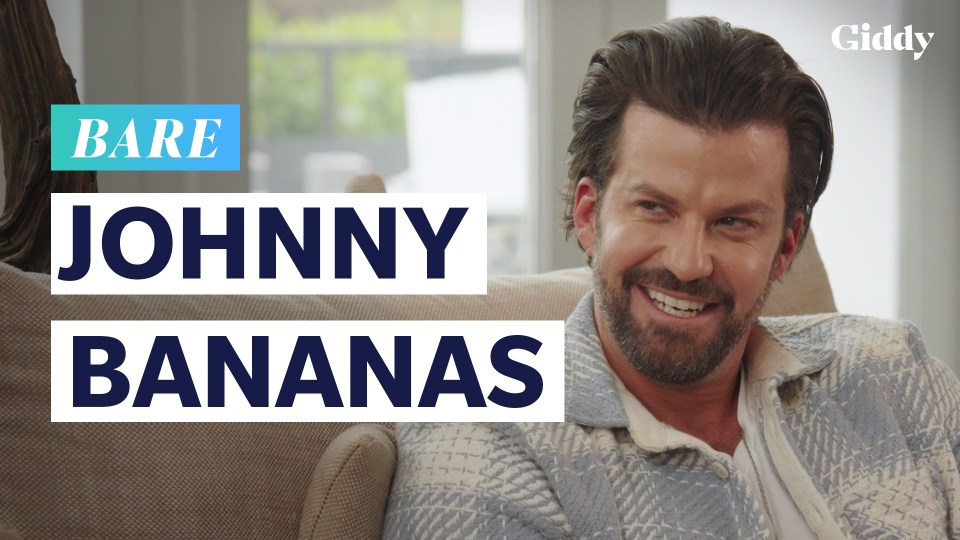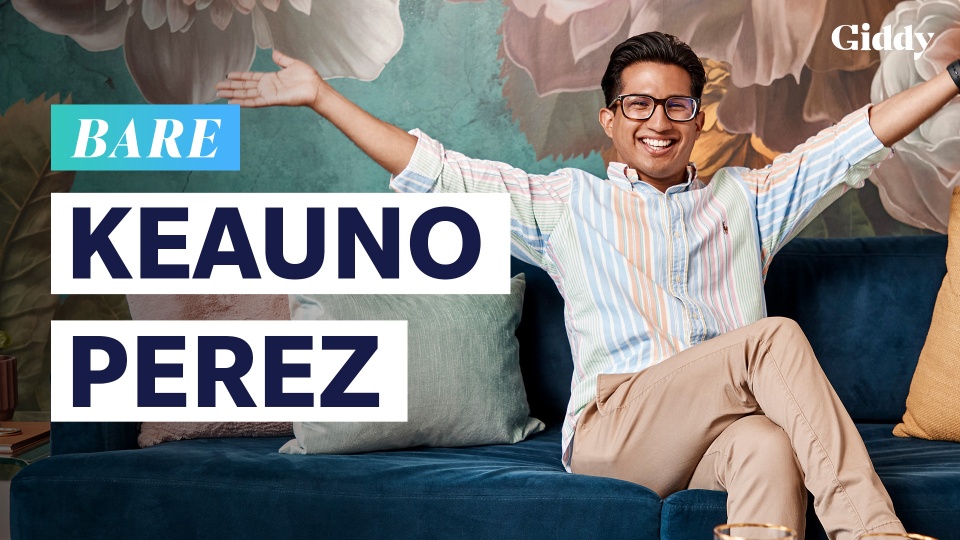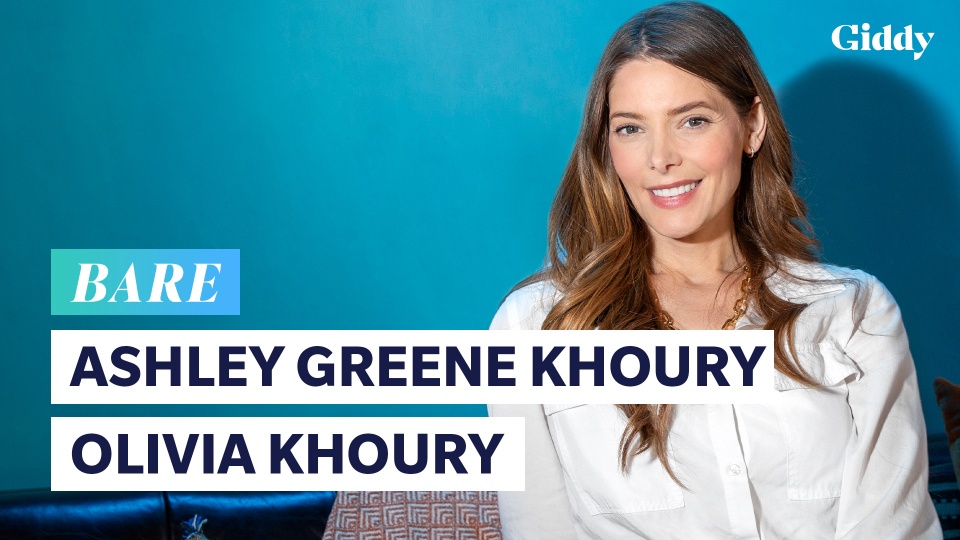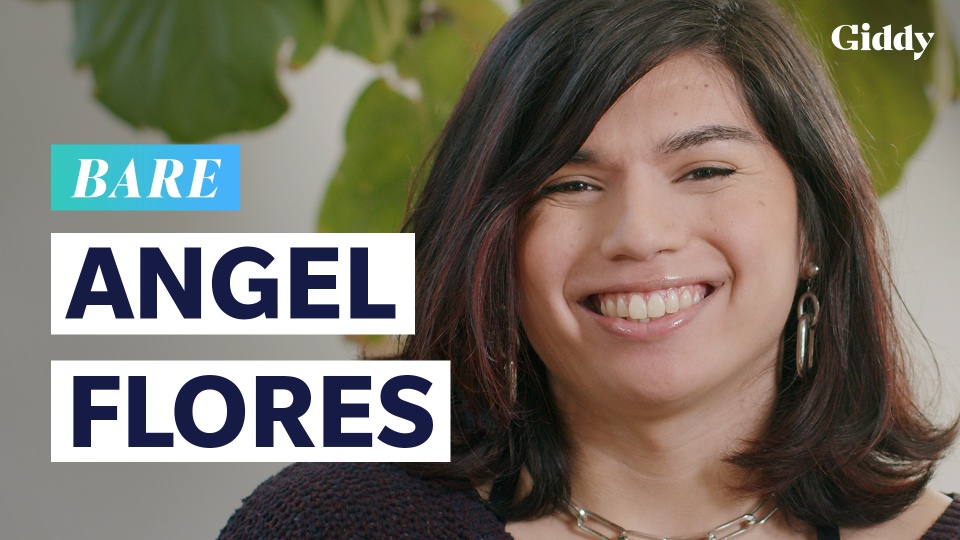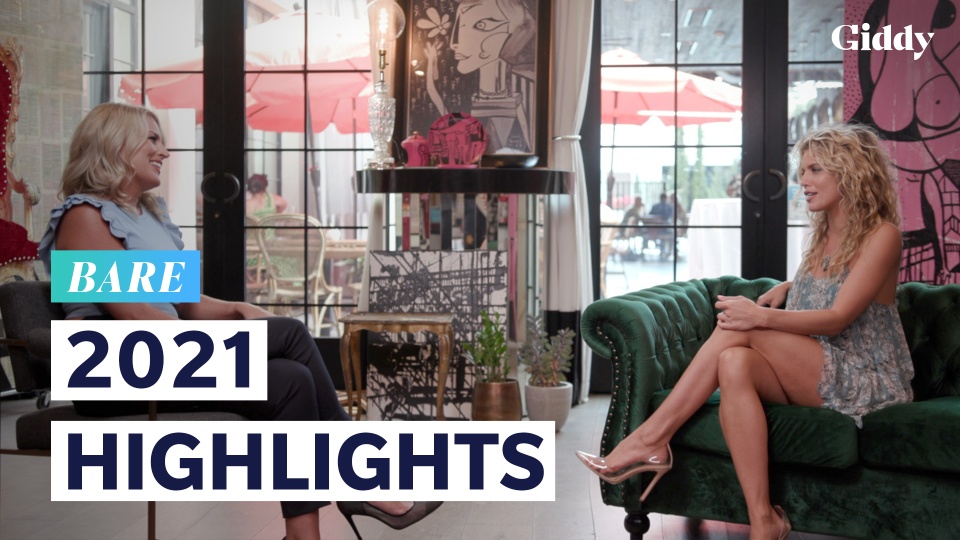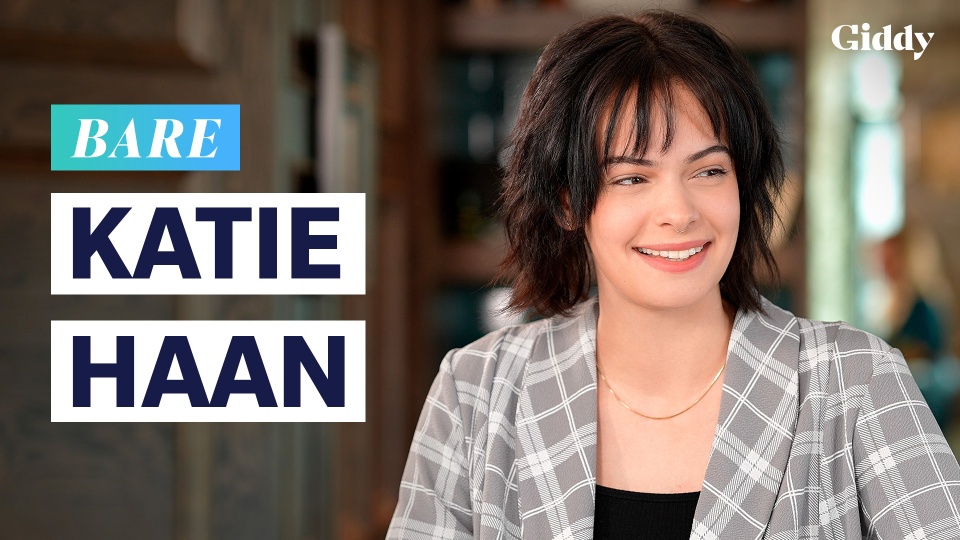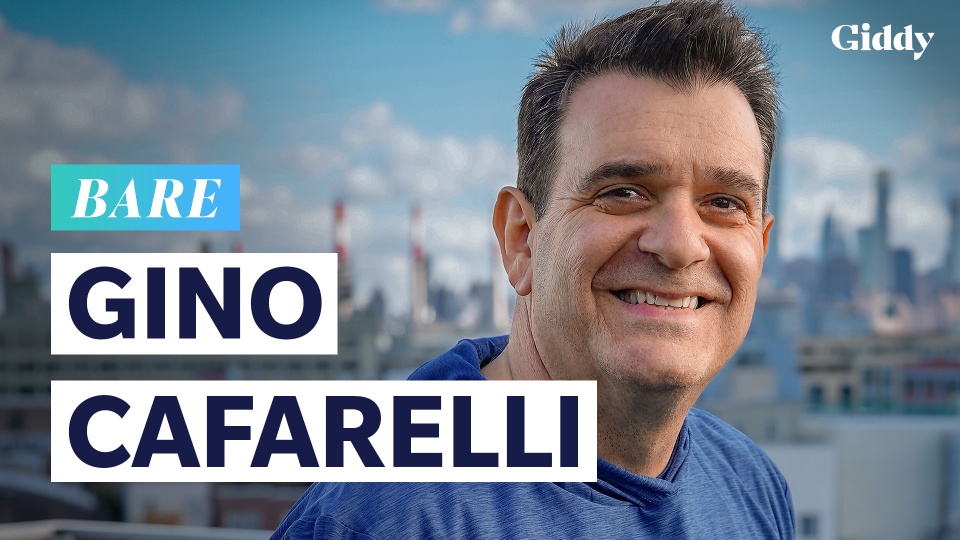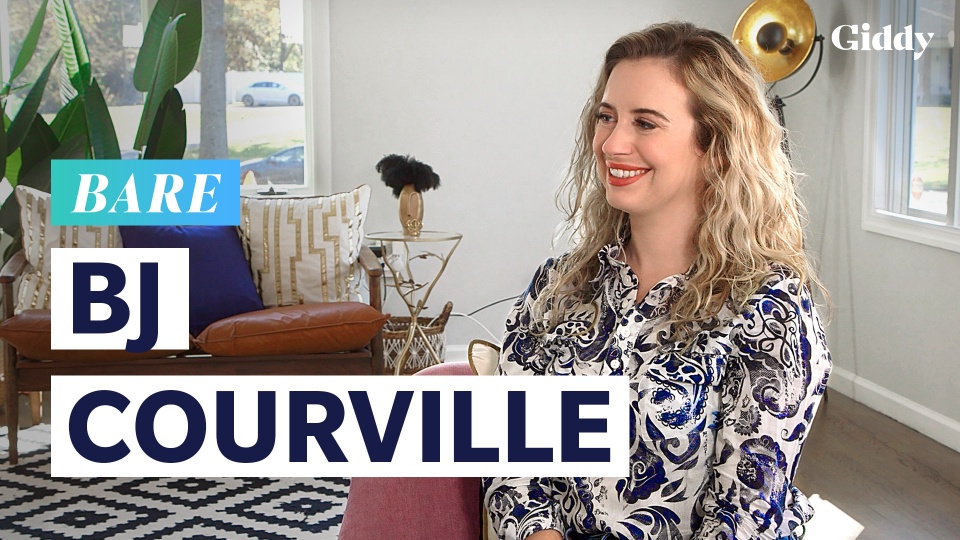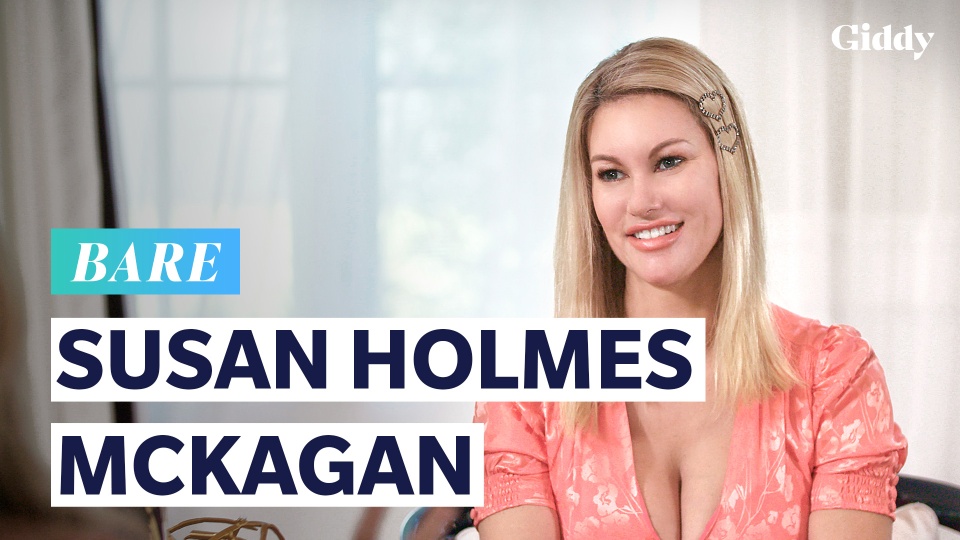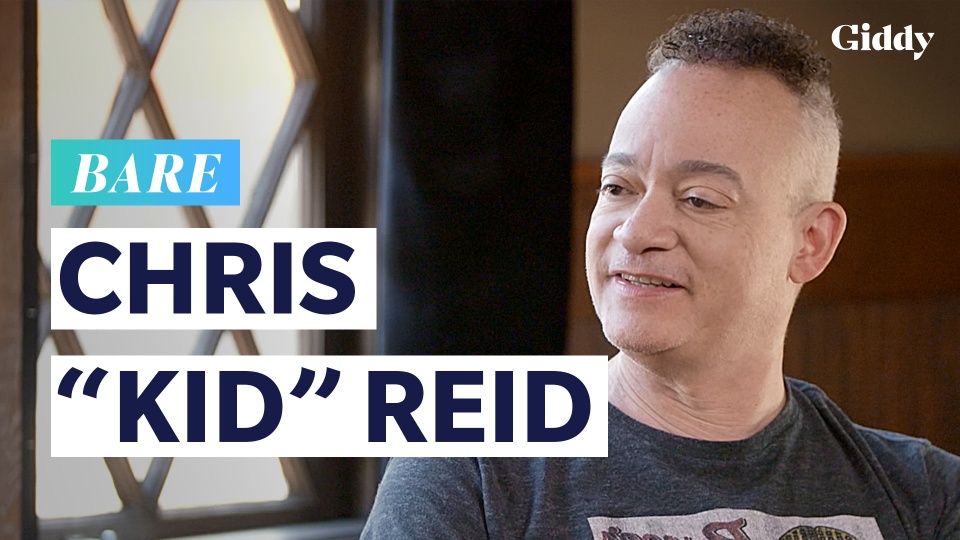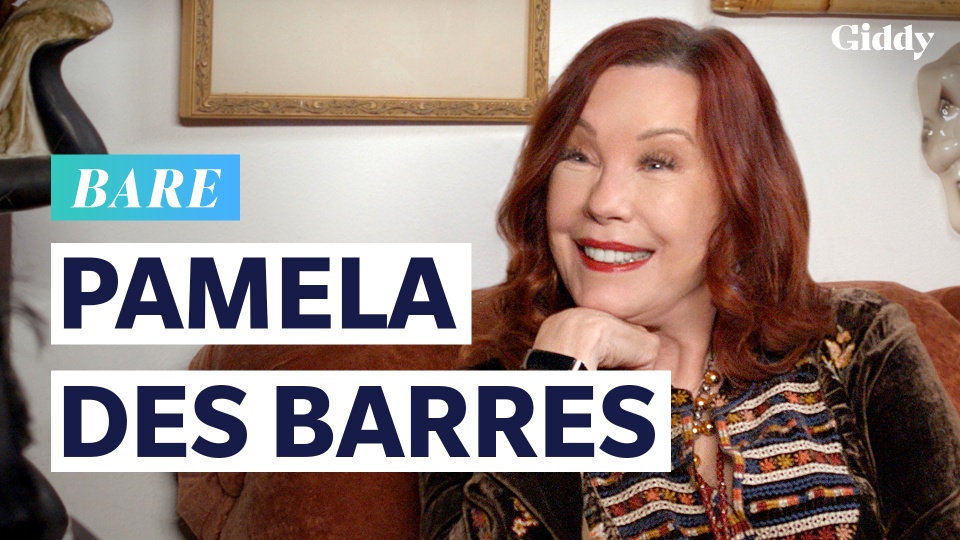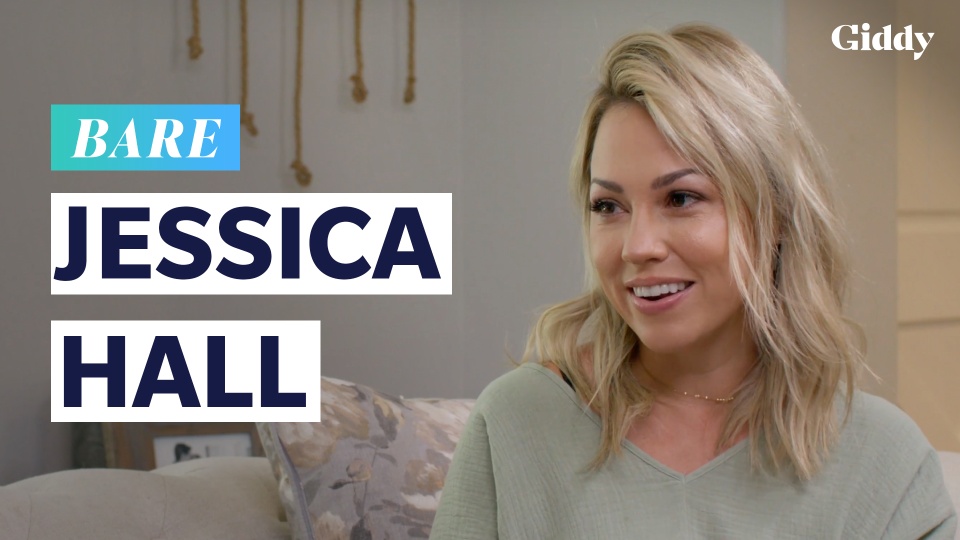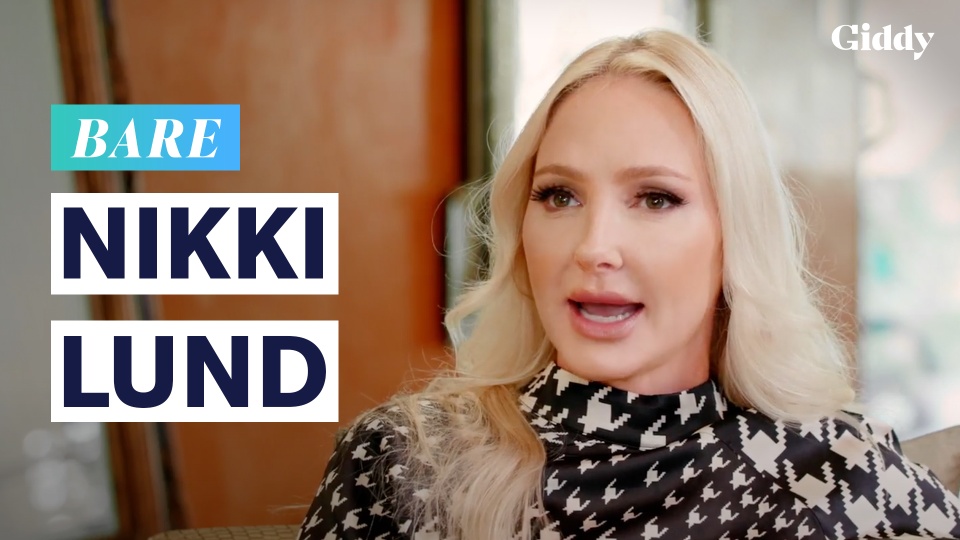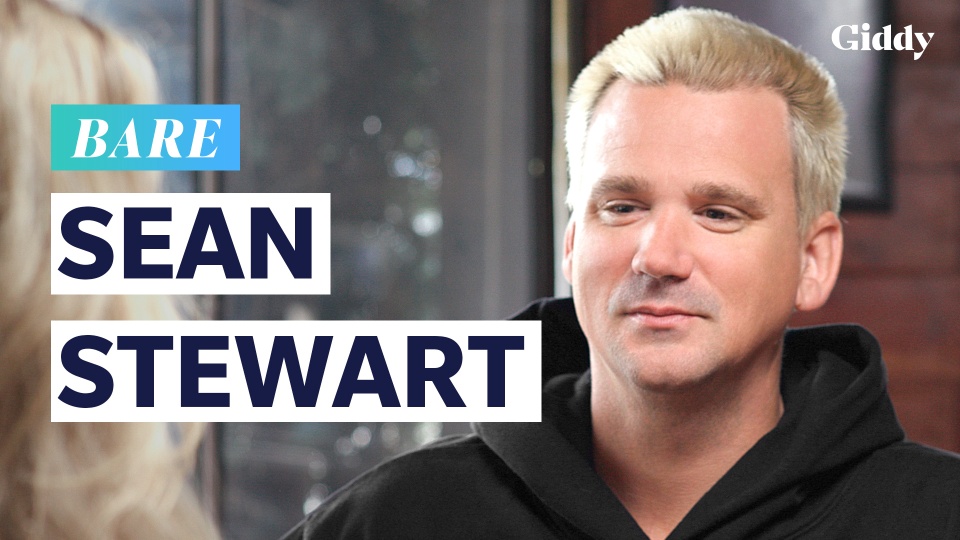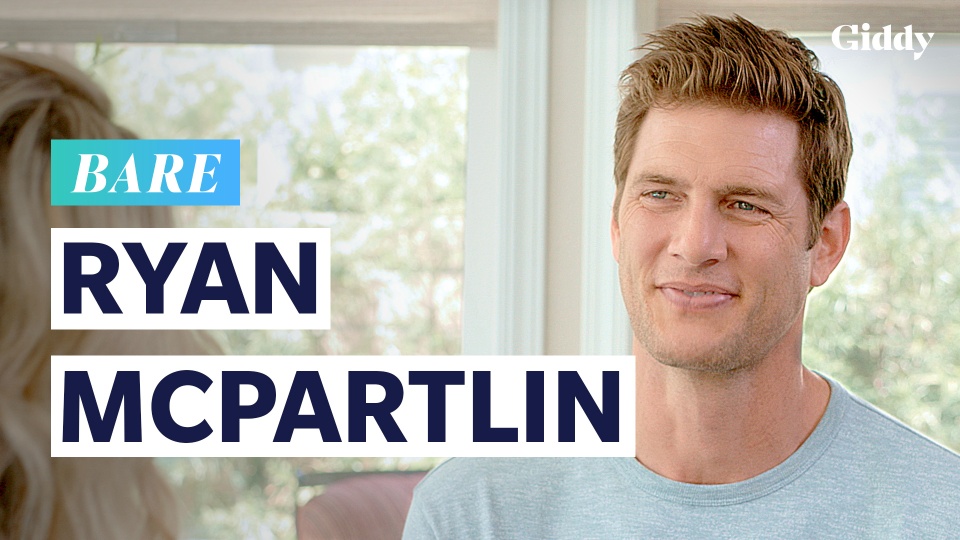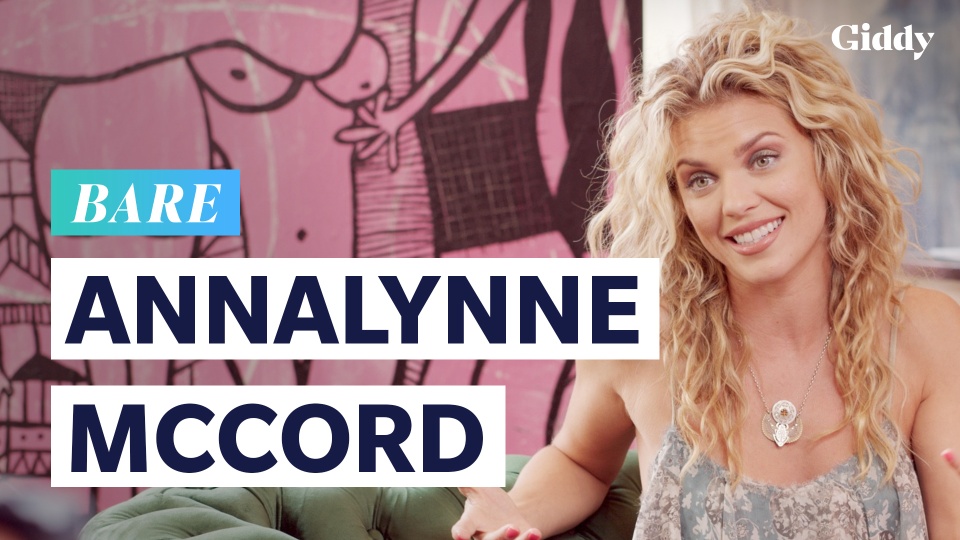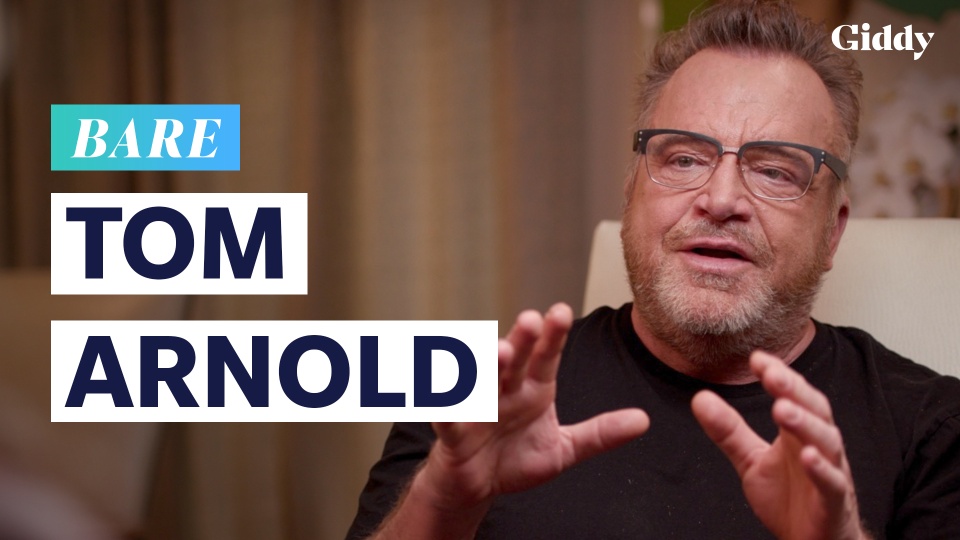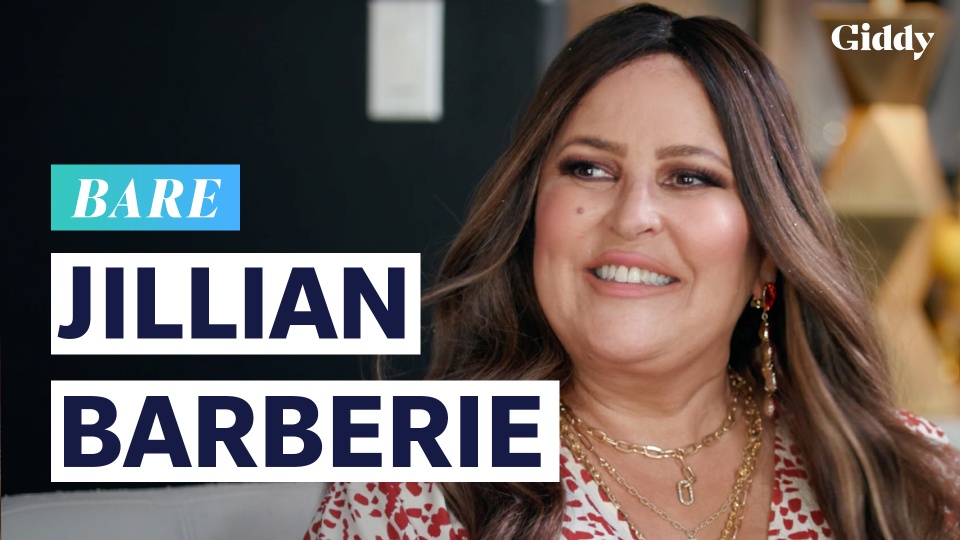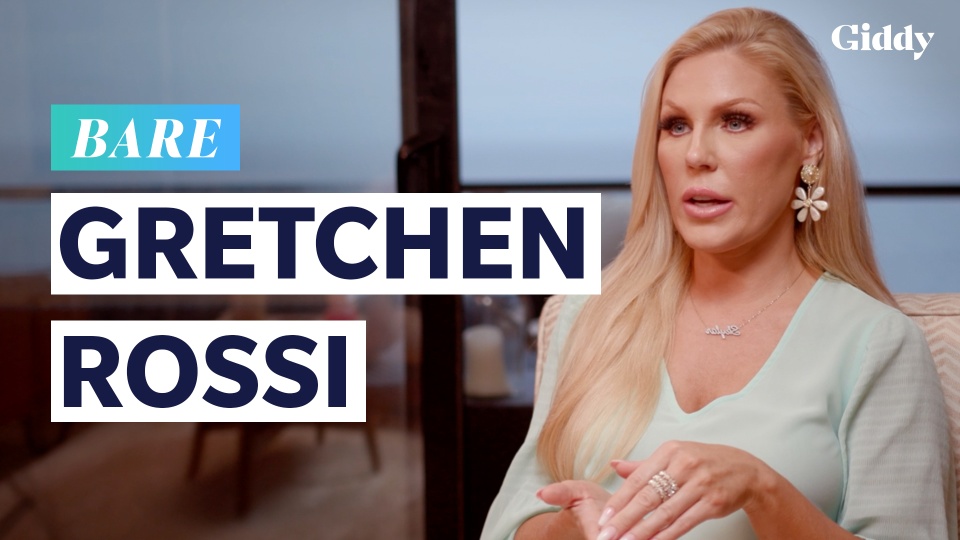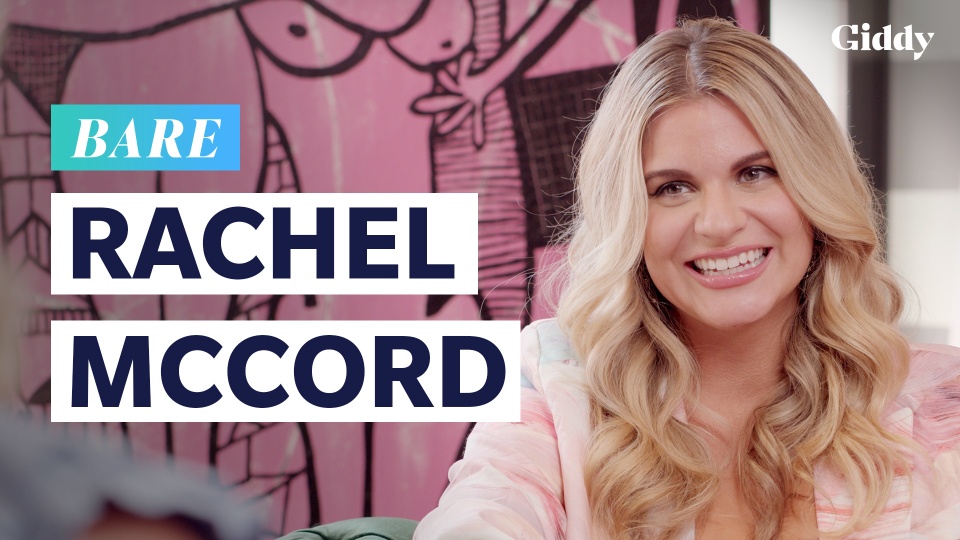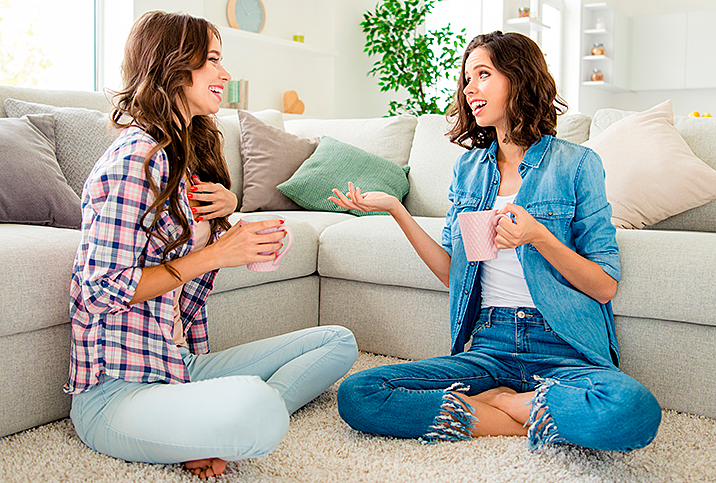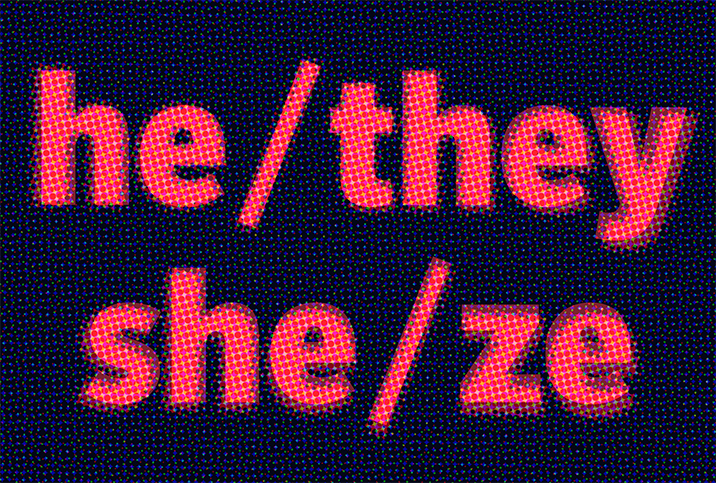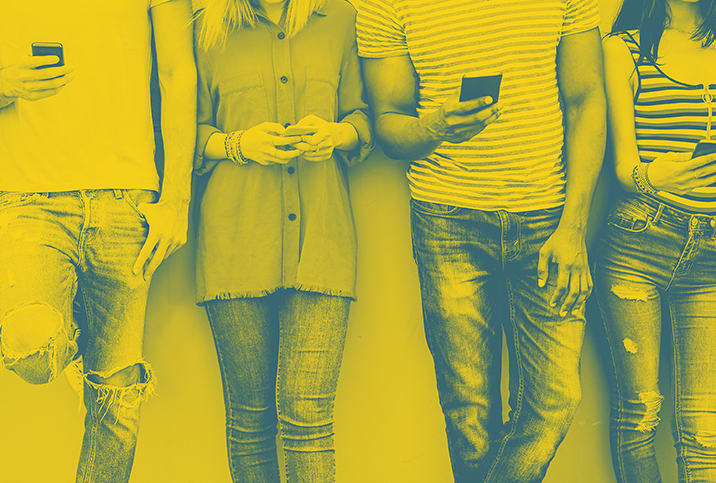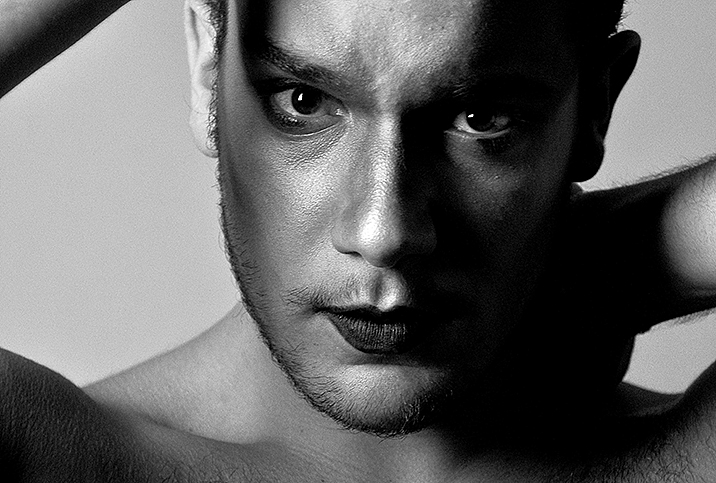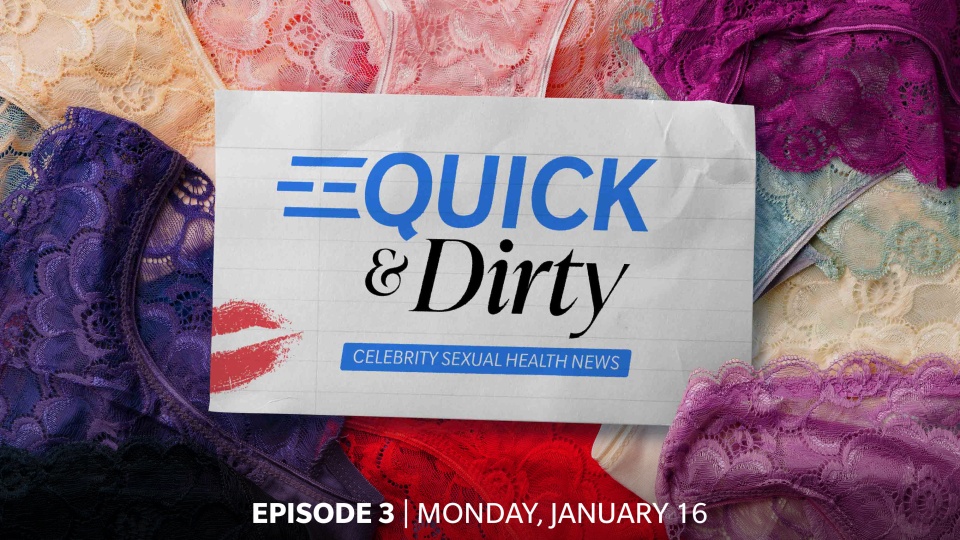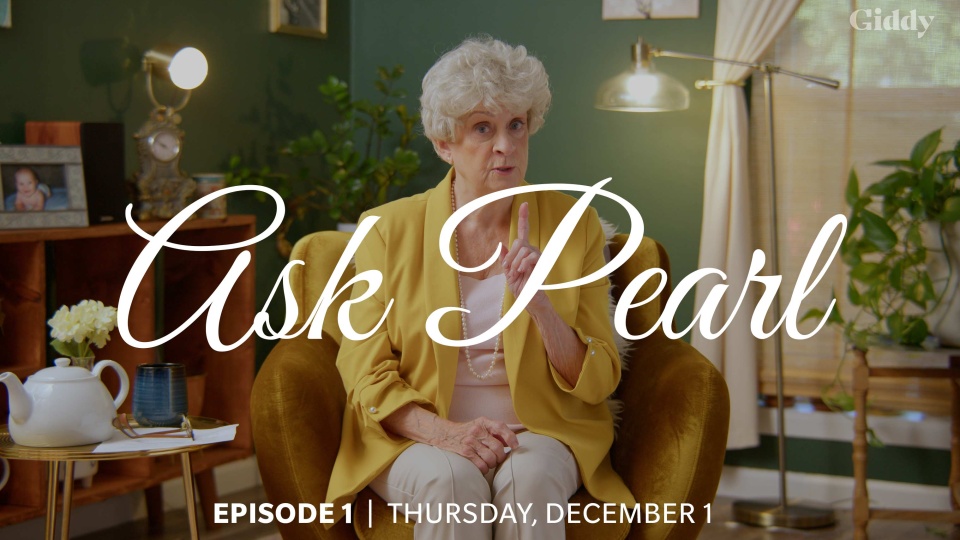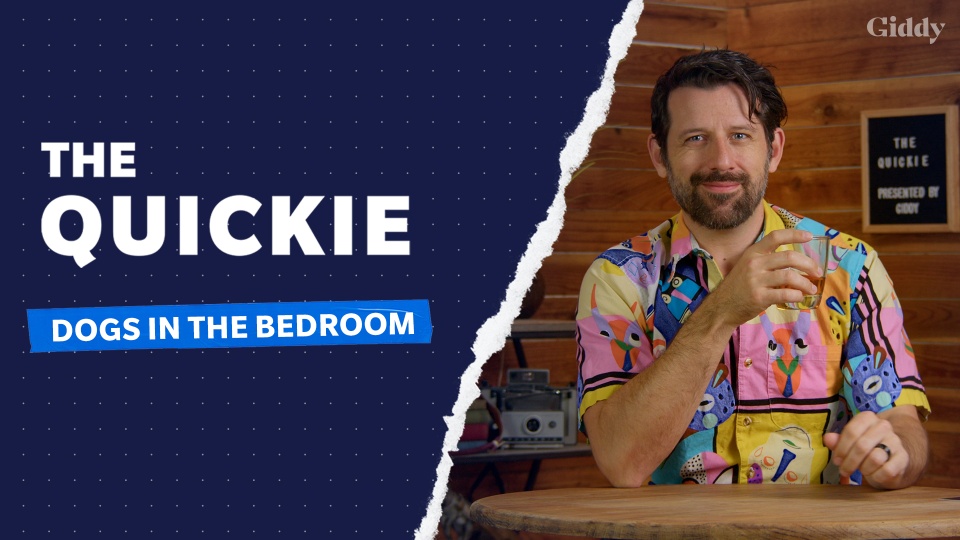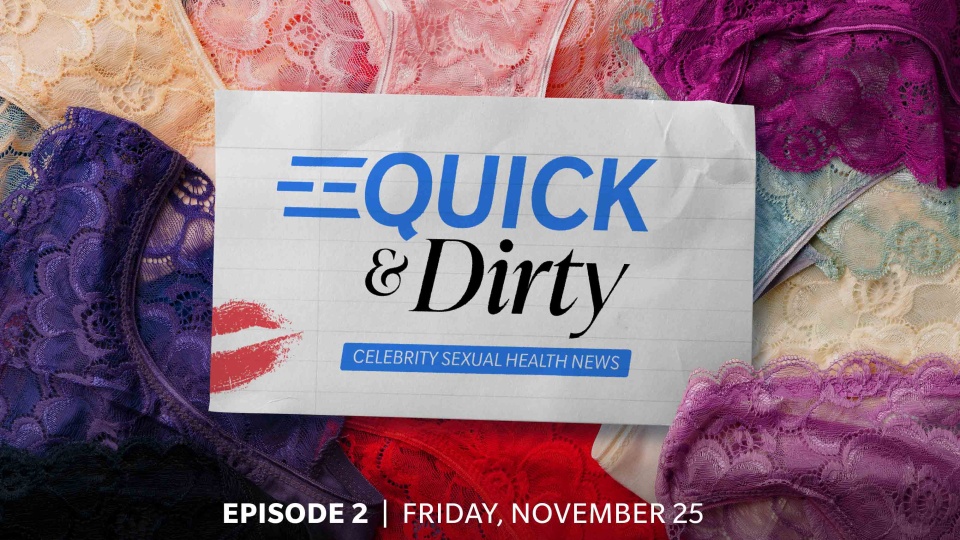Up Next
Katie Haan on peer-led sex education and how to be an ally to the queer community
Sex educator Katie Haan sat down with Giddy's Marisa Sullivan to discuss using her TikTok presence and podcast to educate listeners on various sexual health topics, as well as best practices for using mixed pronouns and how adults can support queer youth.
More about this episode
A Conversation With Katie Haan
Actor and sex educator Katie Haan sat down with Giddy's Marisa Sullivan to discuss how she uses her TikTok presence and her podcast to educate viewers and listeners about various sexual health topics—the kinds of topics that affect young listeners and adults alike.
In this interview, Haan—you can find her on TikTok as @itskatiehaan—dives into topics most people shy away from in everyday conversations: valuing pleasure over performance in the bedroom, using proper anatomical language to destigmatize the human body and highlighting the normalcy of periods (and period sex!).
Haan, a proud member of the LGBTQIA+ community, also emphasizes tools that can help her followers be more inclusive of her community. This includes avoiding gendered language when talking about romantic interests, asking about and respecting everyone's pronouns and unconditionally accepting the queer and transgender people in their lives, especially young people.
Transcript
I’m Marisa Sullivan and I’m here with sexual health advocate Katie Haan, who is also an actor and big TikTok influencer.
I am.
And your big tagline is #peerledsexed.
Peer-led sex ed, yes. That is my hashtag.
What sparked all of this? Your interest in sexual health.
Alright. So I have always been the friend that all of my friends come to for health and sex/relationship advice. I think that was just because I was brought up in a household where, if I had a question, my mom was like, "Here are eight books on it. Have fun." I really commend her for saying, "I don't know, but I want you to have the tools to know—here's the book."
Yeah! She didn’t BS any answers for you.
Exactly—that's how I was raised. So then I got to college and I would talk very openly about sex with friends, and I had so many friends who were like, "Where'd you learn this? Who told you that? What?" I replied, "How do you not know this? Did you not get the books? Cause I got the books—I read all of them!"
TikTok was popping off in quarantine and my girlfriend was like, "You always talk about being a sex ed advocate, why don't you do that on TikTok? That's the perfect medium." I put it off and I put it off, and she was like, "Just stop trying to make it perfect and just make one, and then see what happens." And then my first one got half a million views.
You’re communicating in such a fun way.
I’m just a person who’s wanting to talk about things.
Less intimidating.
Yes! And talk about things that we have been told for so long that we're not allowed to talk about. Why? Why can't I just be a girl who wants to talk about it and start the conversation? Because we need to get over this idea that we can't talk about it.
So often we're thinking about pleasure in terms of performance instead of pleasure—that performance is prioritized over pleasure.
And it’s holding us back.
And it's holding us back because we think, "Oh, this is what I saw in whatever the thing I was watching on the internet on that sketchy website. This is what I need to do." That is not the way to tap into connecting with another person.
My follower base is very, very young, so I am often talking about how to approach first kisses and first crushes and things like that. I think that if we all collectively understood that you need to come at pleasure from a standpoint of first understanding what you like and knowing your body and what you're interested in and being able to articulate that.
Yeah. Being able to speak up.
We're just told we can't talk about it, and I feel like for the first time we're having so many people be like, "But why? Why though?" Honestly, I could write a thesis on all of the topics that have been shunned by society: money, sex, half the population has a period. Why can't we just talk about it for what it is?
And can we talk about sex on your period? Cause there are the people that don't give an "F": they'll go down on you, whatever.
Exactly.
And then there are the people who, after one little glimpse of blood, snarl and are so disgusted and turned off.
I would just encourage people to really dive deep within themselves and think about, "Am I actually uncomfortable because I'm physically uncomfortable? Or am I uncomfortable because society has told me that I'm supposed to feel bad?" We've been told that periods are disgusting and are shameful and are to be hidden, and I think that we're just tipping the iceberg in terms of cracking all of that open. Being able to be like, "Yeah, I'm on my period. Who cares? Who cares?" Towels exist for a reason. You lay them down. You use them at the end.
Go in the shower.
Exactly.
Like you said, your content is skewed to a younger market. But are there people that are ever outraged by some of these topics?
I’ve had more issues with censorship than I have with people taking issue with my content.
That must be so frustrating. How do you go around that? You just keep pushing through?
So, unfortunately, the crappy part about that is that I wanted to start my TikTok with the hope of being able to talk about things candidly and using the real terms and not saying your "hooha" and your "boobies"—being able to say your "vulva" and your "breasts." And talking about things like that.
Like a doctor would.
Exactly. But TikTok won't let me talk like that. So I have to talk about things in weird, vague euphemisms. Which is why I started my podcast, because I was fed up with having to censor everything that I talked about. I was like, "I can't talk about these things in the way that I want to, which is destigmatizing this language when I'm being censored so heavily." So then I made the podcast as a way to completely just say whatever I want in whatever language I want and not have to deal with the intense censorship.
In another TikTok, you say that people are fortunate because this is the gayest generation!
The TikTok that you're mentioning was prompted by someone asking a question where they just very earnestly said, "I don't understand how everyone's gay now." And it's not that everyone is suddenly gay. People have been gay and trans and all of the other amazing identities in the community for centuries. But we are just now—because we're destigmatizing talking about it—having the terms to identify ourselves.
Having more representation on TV and in film and being able to say, "Oh my gosh, that's me." If I had seen a queer woman couple on TV growing up, I would have been like, "Ahhhh! I have seen the light!" It would have all come together so much sooner for me. And I think that's why so much of Gen Z is already identifying as queer, because they have more media than any generation before, where they can say, "That looks like me."
Do you have a girlfriend now?
I do have a girlfriend. I love them—love of my life. Yeah, it's been pretty great so far.
I would like to discuss pronouns. The "they/them."
She/they. Yes.
She/they. Can you give me a quick tutorial on how we approach that?
Absolutely! So some people who use pronouns interchangeably like them interchanged in a sentence. But some people are like, "Yo, that's too confusing. I may think you're talking about two different people." I've had people use pronouns interchangeably and they're like, "I use them interchangeably, but pick one for the sentence, and stick with it for the whole sentence."
So I would always say: ask the person. The key with messing up people's pronouns is to not make it a big deal. The more that you say, "Oh my gosh, I'm so sorry!"—that's going to make them even more uncomfortable. You can say, "She—They were here today." That kind of thing, where all it needs is the quick correction so your friend can see, "Oh, they registered and fixed it themselves without me having to tell them," and that's all they need.
What would you tell the parents out there that do maybe see some earlier signs of their child being queer? What do you do to make sure they feel comfortable exploring that?
Give them space and love and the, "I'll always love you no matter what. I'll always love you no matter what," and make it true. Don't have conditions with, "I'll love you no matter what...as long as you're whatever." Having and encouraging your kid to have a space where they can express themselves is huge. I think that if more parents were advocates from the get-go, or even as simple as changing it from, "the man you'll marry one day," to, "the person you're going to marry one day."
I was just about to say that because my friend encountered that recently. They've been correcting themselves, saying, "You know when you meet another man or woman…" Now they say both. Which is really amazing.
There are also more than men and women in this world. There are people who fall in between, so we can always just say the person. "The person you will be with one day. The person you have your first crush on." I think that is a tiny little linguistics change that can make young, queer people feel so seen.
I love everything you've been educating us on. This has been so great.
Your hashtag is…?
My hashtag is #peerledsexed and I'm @itskatiehaan on all my socials.
Well, there you have it. BARE brought to you by Giddy.
Thank you so much.
Thank you! This was a blast.






